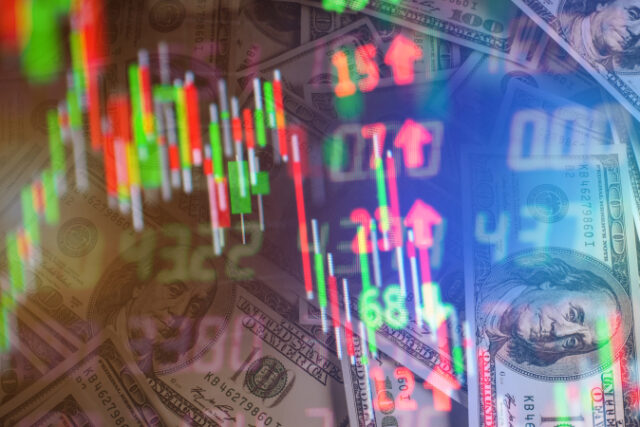
The appeal of Forex has risen steadily over time. Scams have invaded the sector as it has grown to a higher level, causing chaos and doubt. And despite the rigidity shown by the regulators and trading authorities, the fraud cases are moving on an uphill scale. Therefore, the two methods market participants can apply are;
- Awareness to lead with the prevention,
- Fund Recovery to get back what they’ve lost through the scam.
Is Forex a Scam?
Forex trading isn’t a scam; it’s a legitimate money-making practice. Forex is a market that benefits from the fluctuations in the value of currencies by dealing in pairs from different countries. Unfortunately, offline and online platforms trading across borders make it an open playground for scammers to run their schemes.
It does not suggest that every broker you’re dealing with is a scam. It’s more like finding a few rotten apples in the basket. And while forex is not a scam, there are people out there who will not hesitate to lure innocent humans into their trap. Hence, it is wise to be aware of forex scam recovery firms that will assist you in recovering your funds. By performing early assessments, these companies aid in the recovery of funds. These companies go to great lengths to recover money from scammers on behalf of their victims.
How Forex Scams Work
Along with the boon of user-friendly experiences, the revolution that brought digital services also created the curse of meeting endless cheats and swindlers. If we’re referring to forex scammers, you’ll find a bunch of good and bad actors.
Following are the standard practices that most forex frauds implement to understand how they work;
- Running A Business, That’s Least Transparent
These brokers often mislead traders with the wrong details or lack of information. For example, they operate through a single-paged website that displays no contact or address details and then duplicate a renowned website. These tactics make it hard for the traders to learn about the broker and their nasty business. Look them on the Securities and Futures Commission (SFC).
- No Trading Knowledge or Expertise
Some brokers know little about trading themselves and have only started the business to earn more money dishonestly. So they’d fail you one way or another. Additionally, the skills and trading features they vouch for don’t even exist.
- Connects Through Calls, Texts, or Socials
A surprising fact you’ll learn today is that fraudulent companies have the best support staff in place. They reach out to potential traders via calls, texting, social media pages, and more. They’re adamant and pressure you into investing in them and broadening your investments.
- Disappears Once Traders Have Invested With Them
Most of these frauds wrap up the same way. Fraudulent brokers wind up their business and run away once they have your funds. They take down their website and leave no trace behind. The scam victims have no place to go as the scammer blocks any source of communication.
Following are some techniques for detecting Forex scams
To avoid such scams, it becomes essential that you first identify the frequently occurring forex scams and how they work.
- Signal Sellers
Brokers, traders, or firms who ensure to help you with buy and sell signals that predict a favorable trade against a fee are signal sellers. Here the accuracy of the signals is a big concern, and often a hefty hidden cost is charged for it.
- Forex Robot frauds
Many operators guarantee automated forex trading through their investment system and advanced software, often known as robot scams. Although the broker confirms 100% results, no AI is featured to be so accurate.
- Spoofing or Ghosting
Spoofing is a kind of market manipulation where traders place a high order but don’t plan to keep it. The term is also known as ghosting. It often misleads the market and its traders by showing a false impression of how well the asset is doing.
- Front-running
A prohibited practice where a broker places orders after learning that a significant purchase is expected. It manipulates the markets by raising prices before a customer buys and lowers costs by selling before the clients.
Remember the points listed above and be alert next time you come across a forex broker. However, if you still face issues know that fund recovery agencies can render splendid solutions. They can help confirm a firm is genuine or not. Further, spotting forex scams can be a playdate.












